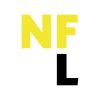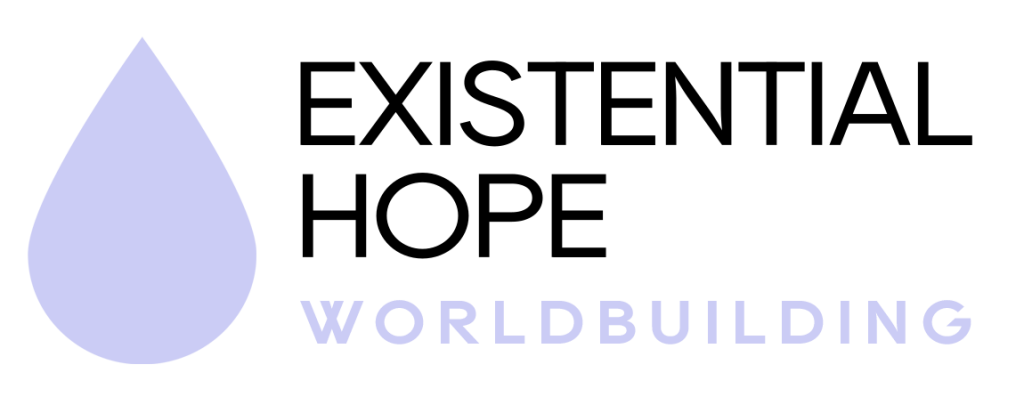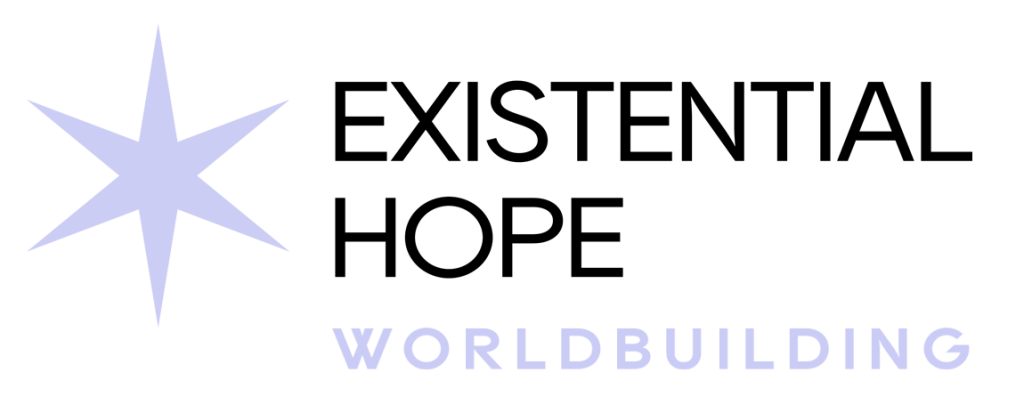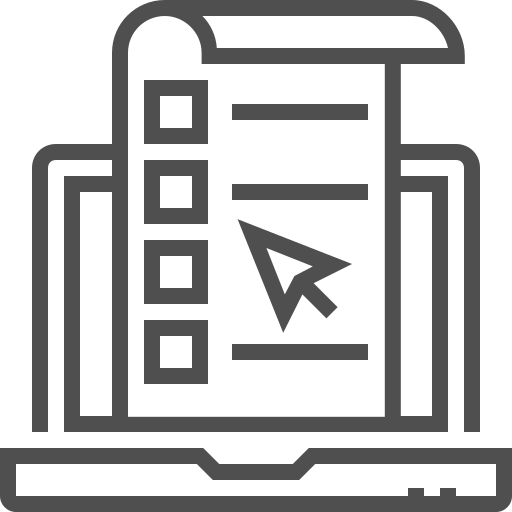TOOLBOX
Foresight Projects & Experts
Foresight/Scenario frameworks
Project/Resource
Free or Paid?
Description
Futures Wheels
(part of IFTF Toolkit)
Brainstorm first-, second-, and third-order effects of a trend or event in a radial diagram. Helps visualize direct and indirect impacts of emerging changes.
Scenario Planning
Develops multiple plausible futures based on key uncertainties, often used for strategic decision-making. Great for constructing diverging “worlds” shaped by different outcomes of crucial variables.
Categorizes Social, Technological, Economic, Environmental, Political, Ethical, Legal influences. Ensures you cover all macro forces that shape scenarios.
Examines deeper layers: Litany (surface issues), Systemic causes, Worldviews, and Myths/Metaphors. Helps shift from superficial to underlying cultural and philosophical drivers.
Focuses on creating prototypes or artifacts (e.g., mock ads, product packaging, user interfaces) from a near-future scenario. Makes speculative ideas tangible and relatable.
Delphi Method
Iteratively surveys a panel of experts to converge on likely future outcomes. Useful when data is limited or expert opinion is crucial.
Horizon Scanning
Systematically tracks weak signals and emerging trends. Great for early detection of changes that can be woven into more robust scenarios or forecasts.
- Free
Real-World Foresight/Scenario projects
A nonprofit based in Silicon Valley that produces 10–30 year forecasts on topics like emerging tech, climate change, and social innovations. They offer public research reports and also run paid training or workshops. Their Foresight Toolkit includes hands-on methods such as futures wheels, scenarios, and design exercises.
Free & Paid (toolkits, workshops, etc.)
Shell Scenarios
Shell has been publishing scenario planning documents since the 1970s, exploring how global energy and geopolitics might evolve over decades. These reports are free to download and give insight into how large organizations structure “multiple plausible futures.” Useful for seeing how real-world data and trends shape broad, realistic “what-if” narratives.
Free scenario reports
Founded by futurist Peter Schwartz, GBN was a pioneering scenario consultancy (now part of Deloitte). Their work influenced corporate and governmental scenario planning worldwide. While GBN itself is no longer active, historical GBN reports can still be found online. Peter Schwartz’s book The Art of the Long View remains a classic guide to scenario planning.
Some free documents (archived/references)
A global participatory think tank that creates the annual State of the Future reports and maintains 15 “Global Challenges.” They also offer the Global Futures Intelligence System, which requires a subscription but provides a robust, searchable database of trends, data, and expert insights for forecasting.
Free & Paid (global futures platform)
Project Hieroglyph (ASU)
A collaboration between Arizona State University’s Center for Science and the Imagination and notable sci-fi authors (e.g., Neal Stephenson) to develop “science fiction prototypes”—optimistic near-future stories grounded in real science. You’ll find free short stories, essays, and resources illustrating how plausible tech scenarios can be woven into compelling narratives.
Free stories & resources
Policy Horizons Canada
A Canadian government foresight unit that regularly publishes scenario-based policy briefs on emerging issues (e.g., future of AI, work, climate). Their site hosts public examples of scenario exercises and “foresight methods,” offering a glimpse into how governments systematically explore mid- to long-term futures.
Free government foresight reports
A design and foresight group that uses “design fiction” to create near-future “artifacts” (e.g., product prototypes, packaging, user manuals) exploring how people might engage with upcoming technologies. Their case studies (often free to read) show how you can turn abstract future ideas into tangible scenarios that feel realistic and immersive.
Free design fiction case studies
World Economic Forum (WEF) Strategic Intelligence
Global platform with interactive “transformation maps” on key issues (e.g., climate, AI, health). WEF’s Strategic Intelligence site is publicly viewable, offering regularly updated insights and scenario-based explorations on how major trends interconnect.
Mostly Free (some data may be members-only)
UNESCO’s initiative to boost “Futures Literacy,” helping governments, educators, and communities spot emerging changes and develop scenario thinking. They hold free workshops (where available) and publish guides on designing and running futures labs.
Free workshops & resources
A research network focusing on global sustainability and the future of the planet. They publish open-access reports and coordinate interdisciplinary projects to envision paths toward a sustainable future. Great for climate- and environment-focused worldbuilding.
Free reports & initiatives
RAND Corporation Scenarios
RAND is a nonprofit research organization that conducts scenario analysis on various topics (security, healthcare, climate). Many of their reports and scenario analyses are freely downloadable—helpful for seeing how scenario-based policy recommendations are formed.
Mostly Free reports/research
Oxford Martin School
A multidisciplinary institute at the University of Oxford. Researches long-term global challenges (e.g., AI, genetics, governance). They share many free publications (reports and policy briefs) that can inform near-future scenario work.
Free research, some events paid
The JRC provides science and knowledge to support EU policy, including foresight studies. They often publish scenario-based analyses of technology trends, demographics, and environmental issues with a European perspective (freely available on their site).
Free EU policy briefs & analysis
Bill & Melinda Gates Foundation - Goalkeepers
While not purely scenario-driven, Goalkeepers tracks global progress toward the UN Sustainable Development Goals (SDGs). They produce annual data-driven reports, some with future projections (health, poverty, education) that can be adapted into scenario narratives.
Free data & reports
Key Figures in Foresight & Future-Focused Worldbuilding

Peter Schwartz
A pioneer of scenario planning; co-founder of Global Business Network (GBN). Helped popularize scenario-based thinking in business and government.
The Art of the Long View (book): Amazon

Jane McGonigal
A futurist and game designer at Institute for the Future (IFTF), known for gamified foresight and ARGs that simulate real-world challenges.
Imaginable (book) + IFTF Profile

Neal Stephenson
Renowned science fiction author grounding futuristic worlds in plausible tech and social developments.
Snow Crash, The Diamond Age, Fall; or, Dodge in Hell
Also co-founded Project Hieroglyph

Kim Stanley Robinson
Writes near-future, climate-focused sci-fi with meticulous scientific realism (e.g., terraforming, climate policy).
The Mars Trilogy, The Ministry for the Future

Cory Doctorow
Tech-centric speculative fiction, exploring issues like digital rights, surveillance, and open culture.
Little Brother, Homeland
Commentary at craphound.com

Jamais Cascio
A futurist focusing on environment, technology, and ethics. Contributor to IFTF and Open the Future blog.

Sohail Inayatullah
A leading scholar in Causal Layered Analysis (CLA), bridging academic research and practical futures work.
Metafutures.org for CLA resources & publications

Ramez Naam
Tech entrepreneur and sci-fi author specializing in energy and biotech topics.
Nexus Trilogy
Talks on AI/energy at rameznaam.com

Alvin Toffler (late)
Popularized futurism for mass audiences; wrote about the impact of accelerating change on societies.
Future Shock, The Third Wave

Alex McDowell
A production designer and worldbuilder who created immersive narrative environments for films like Minority Report. Founder of the World Building Institute.
World Building Institute + various talks on narrative design

Robert Lempert
A principal researcher at RAND and an expert on robust decision making (RDM), applying scenario-based approaches to policy and climate adaptation.
RAND Profile — known for RDM methodology

The Near Future Laboratory (group)
A design and foresight collective using design fiction to prototype near-future everyday products/services.
Official site + “Corner Convenience” and other case studies

William Gibson
Widely considered the father of cyberpunk, coining the term “cyberspace.” Explores near-future tech, corporate power, and societal shifts in gritty, realistic detail.
Key Novels: Neuromancer, Pattern Recognition
Official site

Bruce Sterling
Sci-fi writer and futurist, a leader in design fiction and critical discussions of emerging tech. Known for blending culture, politics, and technology in near-future scenarios.
Key Novels: Islands in the Net, Schismatrix
Blog / Essay Collections

Karl Schroeder
Canadian sci-fi author who merges scientific speculation (AI, post-scarcity economics) with philosophical inquiries. Has consulted for NASA on advanced concepts.
Key Novels: Ventus, Lockstep
KarlSchroeder.com

Gerd Leonhard
A European futurist focusing on technology’s ethical impacts, AI, and digital transformation. Speaks on the intersection of humanity and exponential tech growth.
Key Book: Technology vs. Humanity
FuturistGerd.com

Ann Pendleton-Jullian
An architect and strategic designer exploring “world building” in broader contexts—combining architecture, systems thinking, and foresight. Co-author of Design Unbound, which applies design approaches to complex global challenges.
Work: Design Unbound
Personal Site




